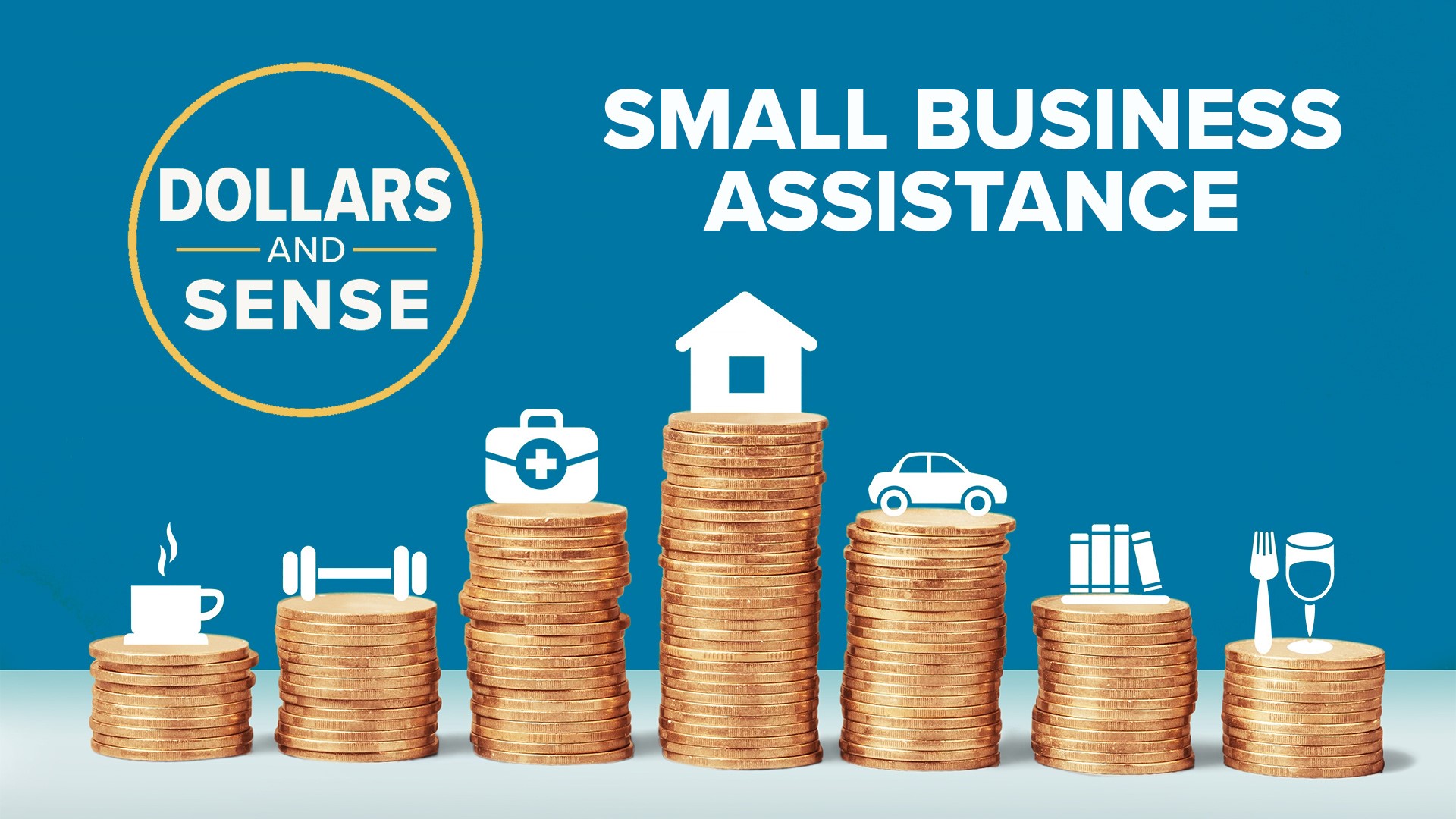ROSEVILLE, Calif. — Like most small business owners, it’s been a tough year for Tammie Fairchild. She owns Serenity Spa and Soul Yoga in Roseville and Folsom. The businesses normally offer services like yoga, meditation, waxing, and skin therapy. However, coronavirus pandemic regulations forced her to close three times, for about six months total, over the past year.
While she has been able to reopen with some services, everything has been scaled back including capacity and hours.
“We were running seven days a week nine to nine, and now we are running five days a week. And we are basically running from 10 to six,” she said.
Fairchild says that while business is down at both stores, expenses have increased for extra cleaning measures, air filters, and protective gear to keep customers and employees safe. Then, there are costs like rent, which continue whether a business is open or not.
“What we're finding is that the rent relief is the most challenging factor that we will face, because we have built up an enormous amount of debt, and the landlord should be paid,” said Fairchild.
California state senator Andreas Borgeas agrees.
“California has a moral responsibility to step up and provide assistance to those that have suffered through those intermittent closures, whether they be landlords, tenants or small businesses,” Borgeas told ABC10.
While he’s unaware of anything in the works specific to commercial rent relief, Borgeas authored SB 74, also called the “Keep California Working Act,” which recently got rolled into a relief bill signed by Governor Newsom.
“We had a huge legislative win for our small business community, and they will be receiving a $2.1 billion investment to make certain that folks that have survived continue to keep their doors open,” Borgeas said.
Those funds will help Fairchild, as will the latest round of Paycheck Protection Plan loans. Borgeas is looking to take things a step further with business relief grants and forgivable PPP loans. He’s introduced a bill to make them non-taxable by the state.
“My concern, and the concern that a lot of other legislators have, is why would why would the state tax emergency funding? It doesn't seem fundamentally fair,” said Borgeas.
Fairchild is thankful for any assistance but says the percentage of her PPP loan that she’ll be allowed to put toward rent won’t make a dent. “That isn't going to cover one month's rent, not one,” Fairchild said.
Recovery won’t be fast for most small businesses. Fairchild understands that all too well. “We're not even at capacity. This is going to take a couple years to build back,” she said.
For now, Fairchild will keep moving forward and hope for better days ahead. “It's been exhausting. It's been more than challenging, but I know that we can get through this.



















